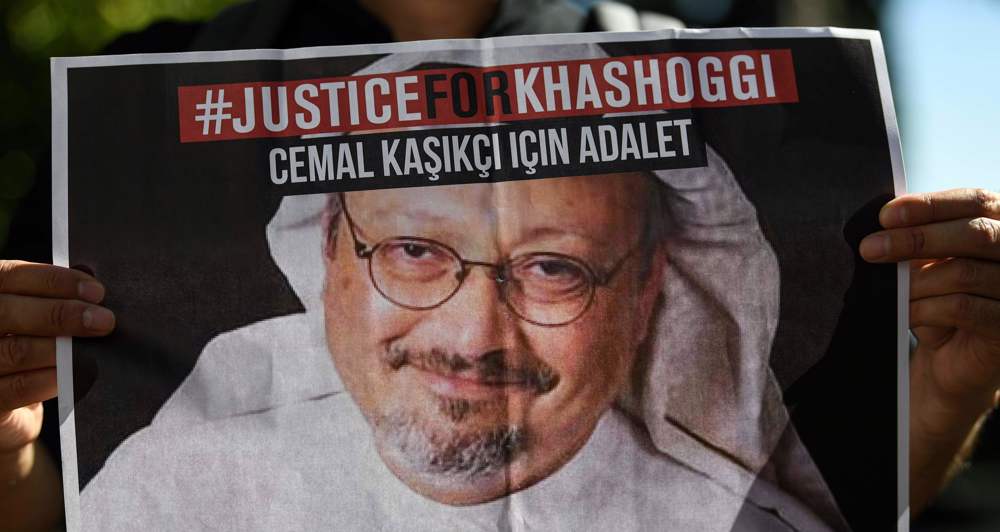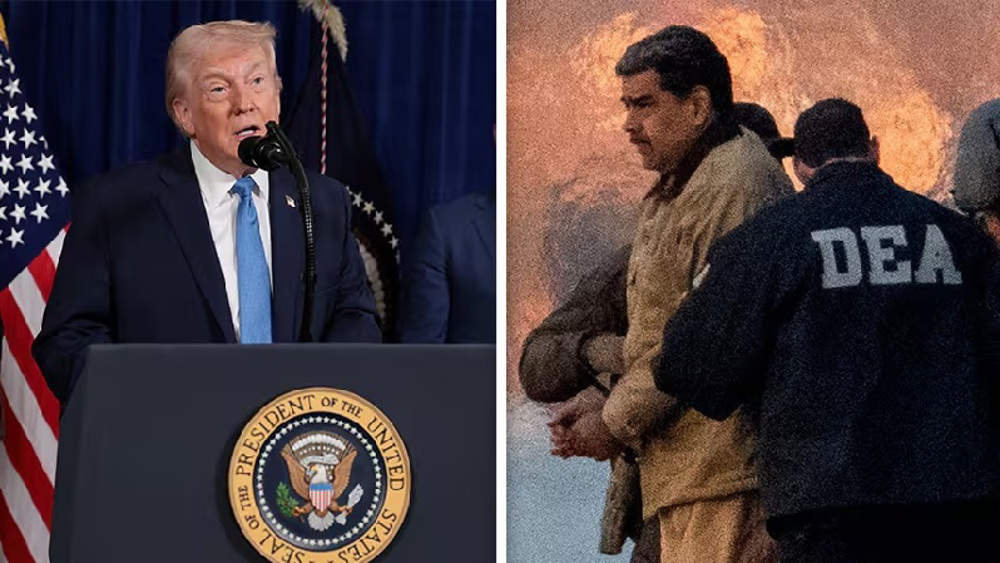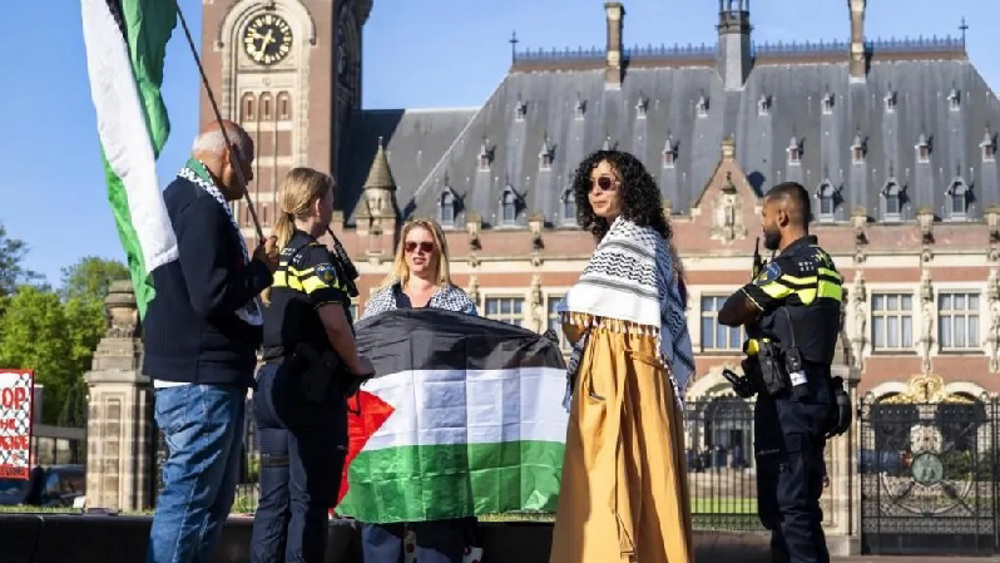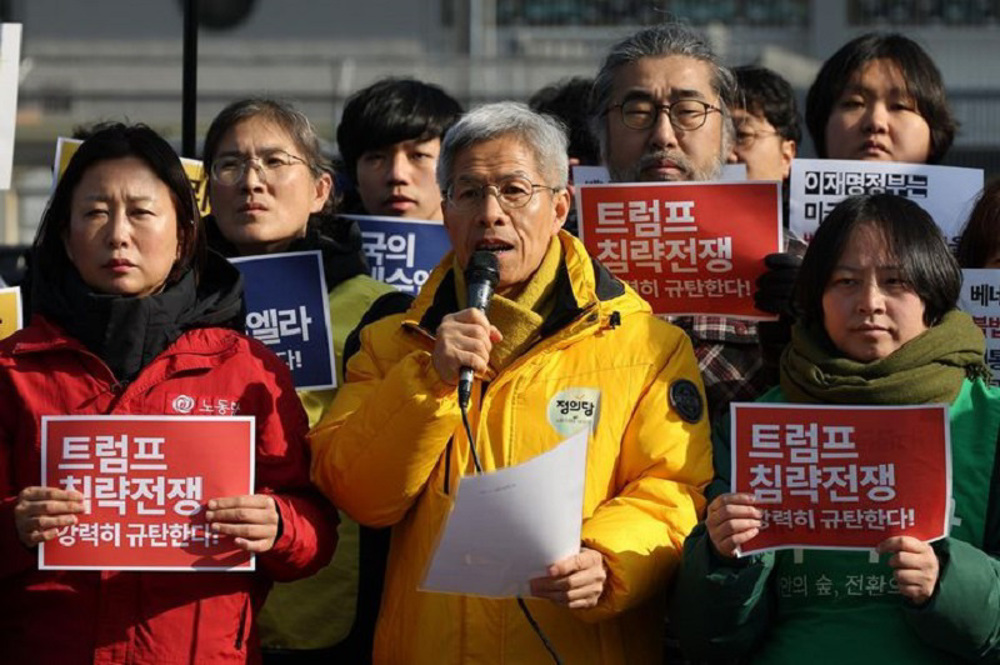KSA bid for 2020 seat on UNHRC declined
Since the formation of the UNHRC in 2006, Saudi Arabia, despite having the worst human right record in the world, has been elected as a council member for four terms, between 2006 and 2012, and again from 2014 to 2019.
The KSA is undoubtedly one of the worst human rights abusers in living memory. Almost every day some citizen is publicly beheaded, a prince or rival is rounded up, a businessman has his property confiscated, and a rights activist is arrested, harassed, tortured or executed.
Royal monopoly on free speech
There is a royal monopoly on freedom of expression and any criticism directed at the throne is considered a mortal sin. Public protests, political parties and labor unions are out of the question.
Yet, Saudi officials have an insatiable desire for a place on the UN Human Rights Council (UNHRC), a body with the stated task of “promoting and protecting all human rights around the globe.”
Riyadh's latest bid to rejoin the council failed as a result of last-minute lobbying and stern warnings from rights groups that the council's very credibility was at stake.
MBS has damaged Saudi global standing
In the words of Sarah Leah Whitson, Executive Director of Democracy for the Arab World Now (DAWN), "It is telling just how badly crown prince Mohammed bin Salman has damaged his country’s global standing. Despite the hundreds of millions of dollars he has spent on public relations stunts to cover his grotesque abuses; the international community just isn’t buying it."
"We now also see many female activists who succeeded to flee Saudi Arabia and now live abroad who are shedding light more, who are speaking publicly more about what happened to them inside the kingdom, about what is happening to other female activities."
Fatima Yazbek, Gulf Institute for Democracy and Human Rights
UNHRC seat seen as seal of credibility
The oil-rich kingdom needs to clean up its tarnished image after the Khashoggi murder, the bloody war on Yemen, and endless cases of human rights violations leaking outside its borders. All these scandals have brought the kingdom close to becoming a global pariah and Riyadh knows this well.
So having a seat in the UN Human Rights Council can save its face, a crucial thing for the young Saudi Crown Prince’s ambitious Vision 2030 program aimed at weaning the Saudi economy off oil revenues.
"They try to whitewash their images, they try to wash their crimes off their hands, they pay billions of dollars each year to companies specialized in enhancing their international images. That's why they want to be promoted in front of the international community."
Fatima Yazbek, Gulf Institute for Democracy and Human Rights
Hit squads sent to kill activists living abroad
In the run-up to the UNHRC election, Denmark’s Permanent Delegate to the UNESCO Carsten Staur pointed out, "We reiterate our call for the release of all political detainees and are particularly concerned about the use of the counterterrorism law and other security provisions against individuals peacefully exercising their rights."
"We also cannot ignore the fact that the Saudi authorities have sent more than once their specialized teams trying to murder other political activists who live abroad, especially in Canada.
Omar Abdulaziz went on Twitter and said the Canadian authorities warned him that there was an attempt to kill him from the Saudi authorities."
Fatima Yazbek, Gulf Institute for Democracy and Human Rights
Saudi human rights hypocrisy
Activists such as Loujain al-Hathloul are still in prison for leading women’s rights campaigns in the kingdom. In the case of Hathloul, her family has been kept in the dark for more than two months. They are afraid that she is being tortured again. Upon her arrest in 2018, Hathloul was whipped, electrocuted, and sexually assaulted.
"Saudi Crown Prince Mohammed bin Salman is still trying to promote himself as a reformer and as a young leader who is campaigning for women's rights.
He tried to take advantage of granting women the right to drive while we all know how he and his men are treating the female activists who, for example, were campaigning for granting Saudi women the right to drive."
Fatima Yazbek, Gulf Institute for Democracy and Human Rights
There seems to be a hypocritical contrast between what the Saudis say and do concerning human rights.
"On the one hand, they grant women, for example, the right to drive; on the other hand, they arrested the female activists who were campaigning for such a right. They ill-treated them inside prison, they tortured them inside prison, they practice all kinds of torture- physically, mentally. They were sexually abused inside Saudi prisons by senior Saudi officials. The list of examples can go for days not hours if you want to list all the examples of the contradiction between Saudi statements and Saudi practices."
Fatima Yazbek, Gulf Institute for Democracy and Human Rights
Despite the media hype, the kingdom of swords and sordid affairs execute kids on as ridiculous charges as taking part in peaceful protests. On his widely publicized visit to the US, Mohammed bin Salman announced in 2018 that he would “minimize” the use of capital punishment.
The next year, the Saudis executed 185 citizens including 37 people on a single day, with at least three of them minors.
Human rights to be upheld by child-killers
In an ongoing case, Mohammed al-Faraj is on death row allegedly for sending text messages to a man supposedly wanted by Saudi security services when he was just 9 years old. In a parody of justice, the Saudi prosecutors argued that the crime "amounts to waging war against God".
Dawood al-Marhoon, Ali al-Nimr, Abdullah Hasan al-Zaher are just three out of unspecified number of minors given death sentence. However, under international pressure, Saudi officials said in August that their cases might be reviewed, without providing details on when or how this review would occur.
The big question is, “Should a state that tortures and executes children have a place in an international body that aims to protect human rights?” The kingdom has in fact for a number of terms had such a place,
Palestinian Ambassador’s residence in Tehran attacked amid terror wave
Syria's HTS regime agrees to truce with SDF after its troops advance
EU mulls over $100bn in US retaliatory tariffs over Greenland
VIDEO | Trump's presence sparks major protests at Davos Forum
President Pezeshkian vows historical Iran-Iraq relations will remain stable
VIDEO | Slamming foreign-backed terrorism in Iran
Iran’s iron and steel exports up 27% y/y in Apr-Dec
Sudan is scene of 'horror and hell': UN rights chief













 This makes it easy to access the Press TV website
This makes it easy to access the Press TV website